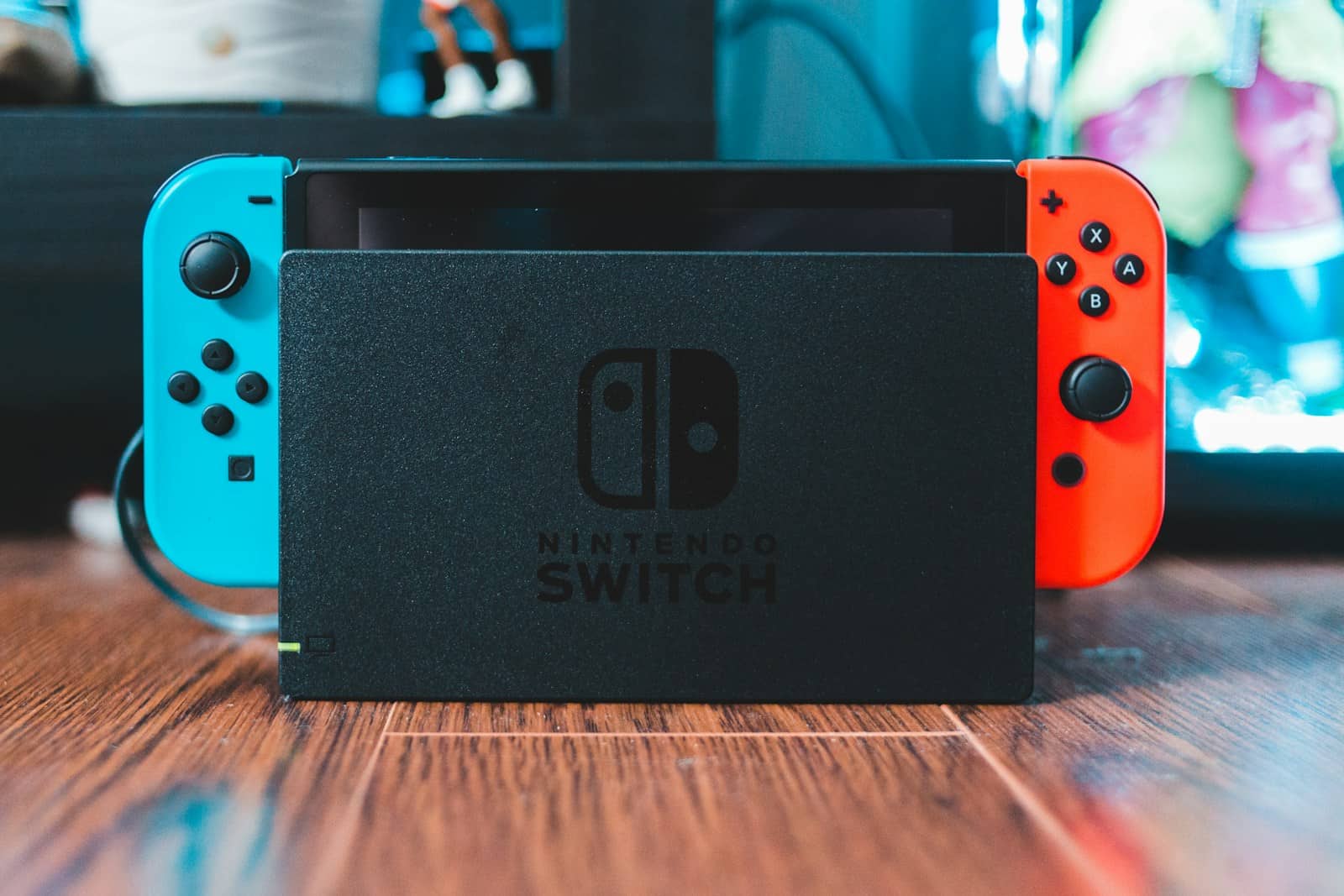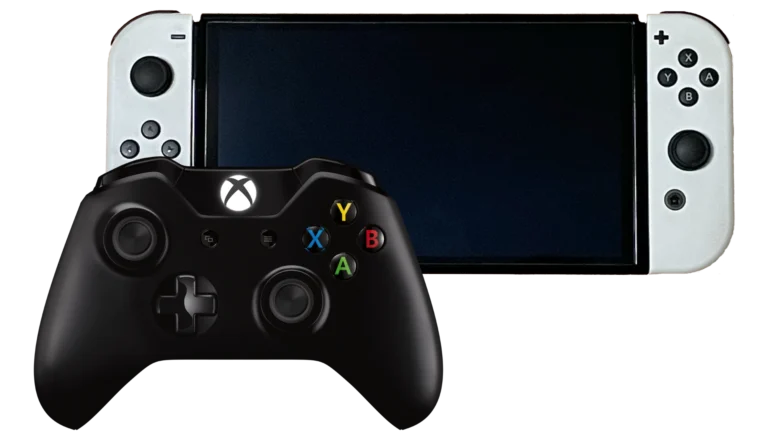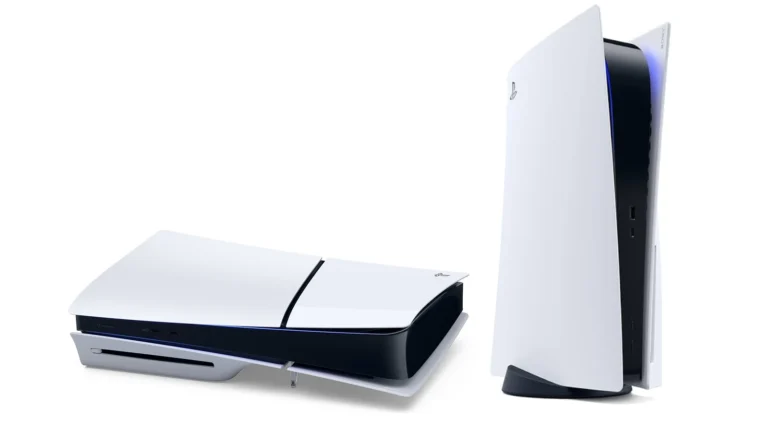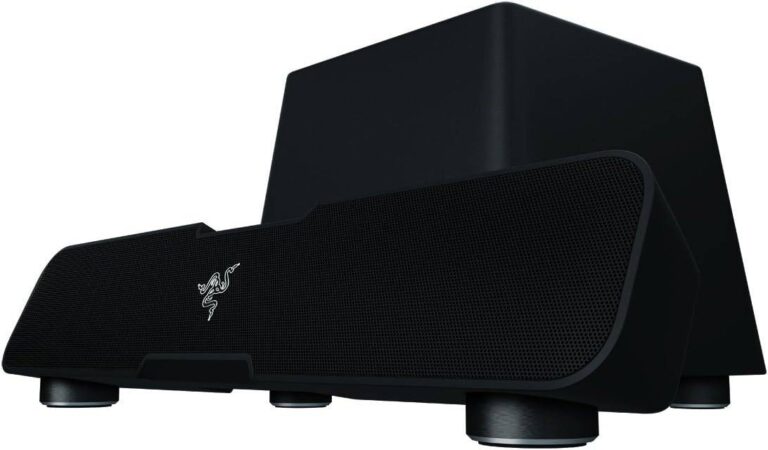
Nintendo has unveiled its strategy to combat scalpers for the upcoming Switch 2 console release. The company plans to produce enough units to meet consumer demand, aiming to prevent shortages that scalpers often exploit. This approach marks a shift from previous console launches where limited supply led to inflated resale prices.
Nintendo’s president, Shuntaro Furukawa, emphasized the importance of adequate production in addressing scalping concerns. By ensuring sufficient stock, Nintendo hopes to eliminate the need for consumers to turn to secondary markets. This strategy could potentially disrupt the business model of scalpers who rely on scarcity to drive up prices.
The gaming community has responded positively to Nintendo’s proactive stance. Many fans appreciate the company’s efforts to make the Switch 2 accessible to all players at launch. If successful, this approach could set a new standard for console releases in the industry.
Nintendo Switch 2: Combating Scalpers
We’ve all been eagerly anticipating news about the release of the next Switch console. While we still await official details, there is some encouraging news from Nintendo regarding the Switch 2 (or whatever name they choose for it). To address the disappointment many experience when trying to purchase a new console only to find that scalpers have snatched them up and are reselling them at inflated prices, Nintendo is implementing a strategy aimed at discouraging this practice and ensuring there is enough stock to meet demand.
This time, Nintendo has outlined a comprehensive plan to combat scalping and price gouging. Although official information is limited, rumors indicate that Nintendo is taking the issue of scalpers seriously and is committed to providing adequate supply for all consumers before the console is released to the public.
Potential Anti-Scalper Measures
Nintendo has been tight-lipped about its specific plans, but here are some strategies they could employ:
- Increased Production: The most straightforward approach is simply making more consoles. Increased supply can help meet demand and reduce the impact of scalpers.
- Lottery Systems: Nintendo could hold lotteries to give customers a fair chance to buy a console at retail price. This has been used effectively for other high-demand products.
- Pre-Order Limitations: Limiting pre-orders per customer or household can prevent scalpers from hoarding consoles.
- Stricter Retail Partnerships: Working closely with retailers to enforce purchase limits and identify suspicious buying activity could help curb scalping.
- Online Queues: Implementing online queues with CAPTCHA verification can make it harder for bots to automatically buy up stock.
- Direct-to-Consumer Sales: Nintendo could prioritize selling consoles through its own website, giving them more control over distribution.
- Delayed Shipping: Scalpers often rely on quick flips. Delaying shipping for a short period could make scalping less profitable.
- Bundling: Bundling the console with games or accessories could make it less appealing to scalpers.
- Improved Bot Detection: Investing in technology to detect and block bot activity during online sales can level the playing field for real customers.
A Scalper-Free Launch?
While it’s unlikely that Nintendo can completely eliminate scalping, a multi-pronged approach could significantly reduce its impact. By combining increased production with clever strategies and strong partnerships with retailers, Nintendo can give legitimate customers a better chance to buy a Switch 2 at a fair price.
Gamers are hopeful that Nintendo’s efforts will result in a smoother launch experience. Only time will tell how effective these measures will be, but it’s clear that Nintendo is taking the issue seriously.
Key Takeaways
- Nintendo aims to prevent Switch 2 scalping by producing enough consoles to meet demand
- The company’s strategy focuses on eliminating supply shortages that scalpers exploit
- Nintendo’s approach could influence future console release strategies across the gaming industry
Overview of Nintendo’s Anti-Scalping Strategy for Switch 2
Nintendo plans to tackle scalping of the Switch 2 through increased production, legal measures, and partnerships with retailers. The company aims to ensure fair access for consumers while deterring resellers from exploiting the system.
Legislation and Regulatory Measures
Nintendo supports anti-scalping laws to protect consumers. The Stopping Grinch Bots Act, introduced in Congress, targets automated bots used by scalpers. This legislation would give the Federal Trade Commission (FTC) power to crack down on scalping practices.
The Better Online Ticket Sales Act serves as a model for potential video game console regulations. Nintendo is working with congressional committees to adapt similar protections for gaming hardware.
Some regions are considering local laws to limit reselling of high-demand items like the Switch 2. These measures aim to create a fairer market for genuine buyers.
Enhanced Security and Technology Solutions
Nintendo is upgrading its online sales platform to combat bots and scalpers. New security features will help verify legitimate purchases and limit bulk buying.
The company is exploring hardware-based solutions to make consoles less appealing to resellers. This may include personalization options that activate upon first use.
Nintendo plans to implement a queue system for online pre-orders. This approach aims to give all customers an equal chance to purchase the Switch 2 at launch.
Partnerships with Retailers and Distributors
Nintendo is collaborating with major retailers to enforce purchase limits on the Switch 2. These policies will restrict the number of consoles one customer can buy.
The company is prioritizing small businesses and local game stores in its distribution strategy. This approach aims to spread inventory across more outlets, making it harder for scalpers to corner the market.
Nintendo is working with online marketplaces to identify and remove inflated listings. This partnership targets third-party resellers attempting to profit from artificial scarcity.
Impact of Anti-Scalping Efforts on the Market
Nintendo’s strategy to combat scalping of the Switch 2 console focuses on increasing production and supply. This approach aims to improve consumer access and affordability while affecting the supply chain and market dynamics.
Effect on Supply Chain and Production
Nintendo plans to ramp up production of the Switch 2 to meet demand. This strategy requires coordinating with suppliers and manufacturers to ensure a steady flow of components and finished products. Increased production may lead to economies of scale, potentially lowering per-unit costs.
The company’s approach could strain the supply chain, especially during peak periods like the holiday season. However, Nintendo’s president Shuntaro Furukawa has expressed confidence in avoiding parts shortages. This suggests the company has secured reliable suppliers and production facilities.
Flooding the market with Switch 2 consoles may also impact storage and distribution networks. Retailers will need to manage inventory levels carefully to avoid overstocking or understocking.
Consumer Access and Affordability
Nintendo’s anti-scalping strategy aims to make the Switch 2 readily available to consumers. By producing more units, the company hopes to meet demand directly through authorized retailers. This could reduce the need for consumers to turn to scalpers or secondary markets.
Increased availability may help keep prices stable at the manufacturer’s suggested retail price. Consumers are more likely to find the Switch 2 as an affordable gift option when supply matches demand.
The strategy may also benefit small businesses that sell video game consoles. These retailers could maintain steady inventory levels, potentially increasing their sales and customer satisfaction.
Analysis of Consumer and Small Business Reactions
Early consumer reactions to Nintendo’s anti-scalping plans have been largely positive. Many gamers express relief at the prospect of easier access to the Switch 2 without inflated prices.
Some consumers remain cautious, citing past experiences with console shortages. They are eager to see if Nintendo can deliver on its promises, especially during high-demand periods like console launch and holiday seasons.
Small businesses in the gaming retail sector view the strategy favorably. Increased supply could lead to more consistent sales and reduced customer frustration over product unavailability.
Consumer advocacy groups like Consumer Reports and the Consumer Federation of America are monitoring the situation. They emphasize the importance of fair pricing and accessibility for popular consumer electronics.
Nintendo’s Historical Context in Fighting Scalping
Nintendo has faced scalping issues with previous console launches. The company’s strategies have evolved, influenced by fan reactions and executive decisions.
Previous Console Launches and Scalping Incidents
The Nintendo Wii launch in 2006 saw widespread scalping. Resellers bought up limited stock and sold consoles at inflated prices. This trend continued with the Nintendo Switch in 2017. Scalpers used bots to snatch up online pre-orders, leaving many fans unable to purchase at retail price.
Nintendo increased production to meet demand, but supply chain issues persisted. The COVID-19 pandemic in 2020 further complicated manufacturing and distribution, leading to more scalping opportunities.
The Role of Community and Fan Base
Nintendo’s loyal fan base has been vocal about scalping issues. Online forums and social media platforms became hubs for sharing frustrations and organizing against scalpers. Fans created tools to track restocks and alert others.
Some retailers implemented anti-bot measures and purchase limits in response to community feedback. Nintendo encouraged patience, promising more units would become available over time.
Public Statements from Nintendo Executives
Shuntaro Furukawa, Nintendo’s president, addressed scalping concerns in investor meetings. He emphasized the company’s commitment to producing enough units to meet demand for future console launches.
Nintendo executives have also discussed potential legal measures to combat scalping, depending on regional laws. They’ve stressed the importance of fair distribution to maintain customer satisfaction and brand loyalty.
The company has pledged to work closely with retailers to implement effective pre-order systems and prevent bulk purchases by resellers.
Frequently Asked Questions
Nintendo has addressed several key concerns regarding the Switch 2 launch and potential scalping issues. The company aims to implement various strategies to ensure fair access for genuine consumers.
What measures is Nintendo implementing to combat scalping with the release of Switch 2?
Nintendo plans to produce a large quantity of Switch 2 consoles to meet demand. This strategy aims to reduce opportunities for scalpers by ensuring sufficient supply. The company believes that making more units than scalpers can buy will be the most effective anti-scalping measure.
Will there be a limit on the number of Switch 2 units one can purchase to deter scalpers?
Nintendo has not officially announced purchase limits for the Switch 2. Some retailers may implement their own restrictions on the number of consoles per customer. These limits could help prevent bulk buying by scalpers.
How will Nintendo ensure that genuine consumers have fair access to purchasing the Switch 2?
Nintendo intends to manufacture enough Switch 2 units to meet consumer demand. This approach should make it easier for genuine buyers to obtain the console through official channels. The company aims to minimize the need for consumers to turn to resellers or scalpers.
Are there any retail or online sales strategies that Nintendo is adopting to prevent scalping?
Nintendo has not disclosed specific retail strategies for the Switch 2 launch. The company may work with retailers to implement fair distribution methods. These could include pre-order systems, in-store purchases, or online queue systems to manage high demand.
What has Nintendo learned from past console launches that it is applying to the release of the Switch 2?
Nintendo acknowledges the importance of adequate supply based on previous launches. The company plans to apply this lesson by producing more Switch 2 units. This strategy aims to avoid the shortages and scalping issues experienced with earlier console releases.
How is Nintendo collaborating with retailers to address the potential scalping problem for the Switch 2?
Nintendo has not provided details on specific collaborations with retailers. The company may work closely with retail partners to develop effective distribution strategies. These efforts could include coordinated release schedules and fair allocation of stock across different stores and regions.






